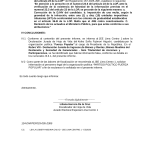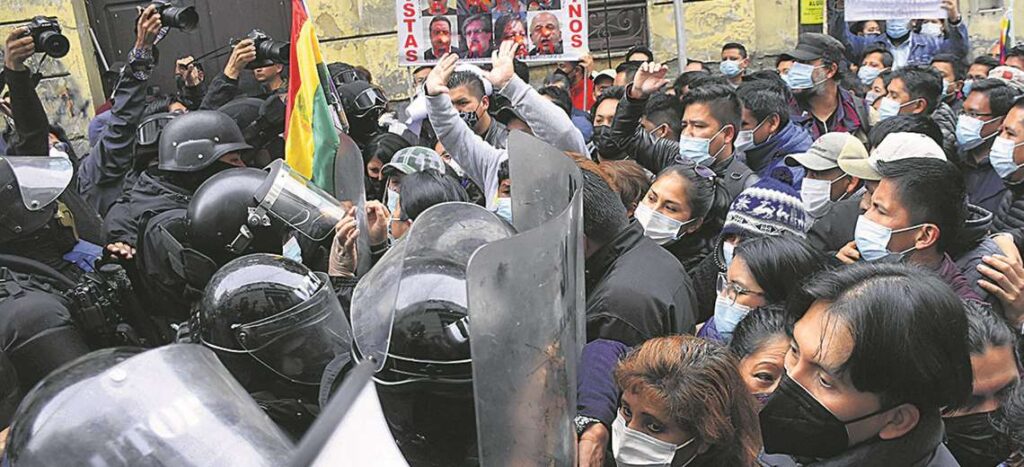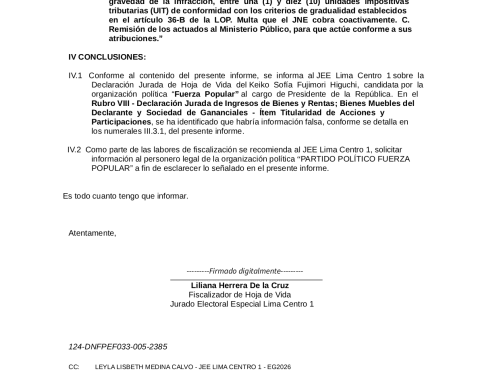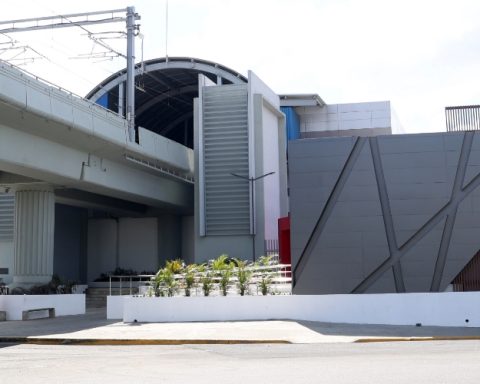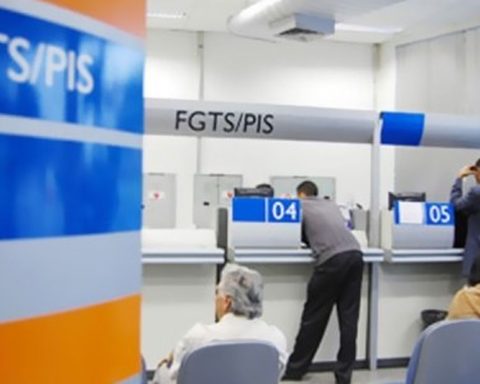The Minister of Transportation, Alexis Guerrera, said this Thursday that the discussion with the city of Buenos Aires on the jurisdiction of public passenger transport it is “much deeper” and goes beyond “a supposed removal of subsidies”while the spokeswoman for the Presidency, Gabriela Cerruti, asked the Buenos Aires government to assume “the responsibilities” that correspond to it.
“The city of Buenos Aires itself has assumed that it has powers in terms of passenger car transport, that’s what we want to discuss,” said Guerrera, referring to Law 26,740 of 2012, in which the district began to assume “exclusively the jurisdiction of public passenger transport services.
“It would be important for the head of government of the city of Buenos Aires not to defend autonomy only when it comes to benefits, but also to defend it when it comes to responsibilities”Gabriela Ceruti
In this framework, the spokesperson for the Presidency, Gabriela Cerruti, questioned the head of the Buenos Aires Government, Horacio Rodríguez Larreta, for his rejection of the possible removal of subsidies to the City in terms of public transport and pointed out that the head of the Capital Executive would have to defend autonomy also when it comes to assuming “responsibilities” and not only to make use of “benefits”.
“I think it would be important for the head of government of the city of Buenos Aires not to defend autonomy only when it comes to benefits, but also to defend it when it comes to responsibilities,” Cerruti criticized in his usual press conference. Thursdays at Government House.
He added that “it often happens that Rodríguez Larreta wants to be autonomous when he has to receive and does not want to be autonomous when he has to be the one who is responsibleFor example, public transport.
Larreta had indicated on Thursday morning, during a visit to the North Monitoring Center of the Digital Ring in the town of Villa Martelli, that the removal of subsidies would imply “another clear advance against the autonomy” of Buenos Aires.
“We have to return to being a federal country, and this means respecting the autonomy of the districts, especially in terms of mobility,” said the head of the Buenos Aires government, and said that eventually it has to be done “in a coordinated manner.”
“It usually happens that Rodríguez Larreta wants to be autonomous when he has to receive and does not want to be autonomous when he has to be the one who is responsible, for example, for public transport”Gabriela Ceruti
About, Guerrera pointed out in radio statements that “the City focuses its speech on a supposed removal of subsidies”and maintained that the national government wants to “give a much deeper discussion” that points to an ordering of the attributions that places the City on an equal footing with the rest of the country.
In that sense, he stated that in the Rodríguez Larreta administration “they are opening the umbrella on an issue that they are not willing to absorb,” and denied that it is an “attack” by the national government.
“With 22 governors who present us with the asymmetry in tariffs, is this an attack or is it going in search of a federal country?” the minister asked.
For his part, Cerruti recalled that Law 26,740, which provided for the transfer of the subway in 2012 “also included public transport as a group”, despite the fact that this last jurisdictional change was never made.

Request for dialogue and debate
“A dialogue table was convened and it will be carried out in the corresponding terms”said the official.
Guerrera also insisted on the need to address the debate on “a system that needs to be reviewed as a whole” “without chicanery” and that the discussion goes beyond “a supposed removal of subsidies” with the consequent increase in rates.
In this regard, he pointed out that this could not happen “if the City government wants the passengers of its 32 lines to continue paying a ticket at $18”, continuing with the fare subsidy currently paid by the Nation.
In the same line, Transportation Secretary Diego Giulianopointed out that with the decision to transfer to the City of Buenos Aires the 32 lines of urban passenger transport that have their route exclusively in that territory, “an attempt is being made to generate greater federal parity and fundamentally redistribute a subsidy that in Argentina generated a disparity with respect to the inhabitant of the province of Salta, or Tucumán, or Santa Fe or Río Negro in relation to the inhabitant of the City”.
In statements to Télam Radio, the official said that “this discussion has to be carried forward” and highlighted the importance of “that these asymmetries are overcome.”
“Fundamentally, that the City resumes its autonomy in what has to do with competition, with routes, with stops, with the rate and with the subsidy of its own passenger car transport,” Giuliano said.







